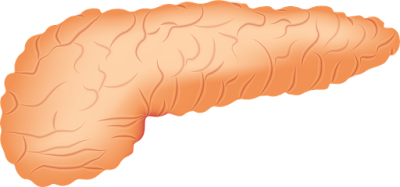Gas and bloating
Troublesome gases
Some foods, when digested intensify this bothersome ailment. There are also such that they possess the ability to absorb gases and reduce their quantity in the intestine. Other although not increase the problem, significantly impair the smell.Warning! The first step to reducing this condition is to avoid foods that cause gas, and they are mainly legumes (beans, soybeans, lentils, peas, beans), and even green beans. Flatulence make all the cabbages and their relatives: cauliflower, brussels sprouts, broccoli. Create gases hard work: onions, leeks, turnips, radishes, beets, asparagus, kohlrabi. Milk and dairy deficiency of lactase - the enzyme that digests milk protein - can significantly exacerbate this problem.
People who have sensitive digestive system May this trouble after eating coarse bread (especially fresh) and coarse grits, as well as the raw fruit. They do not serve them or exotic dishes, greasy, strongly flavored. It happens that some react flatulence sugars, eg. Fructose from fruit, fruit juice and honey.
How do you help with problems with gas?
It is important to way of eating. If you eat too fast, etching is worse, and this is particularly true of carbohydrates, wherein "altering" begins in the mouth, during intimate mixing with saliva.Warning! Flatulence may increase if you smoke cigarettes, and when you talk during a meal or as often chew gum. Then you swallow more air, and this is one of the components of the exhaust.
Odor gases
This problem, unfortunately, is associated with odor. Eaten by our food ferments. During digestion isolated many of the compounds, and those which do not affect odor, are hydrogen, carbon dioxide and metan. In contrast, responsible for the unpleasant odor of hydrogen sulfide and other sulfur compounds.Warning! More of them is, the more unpleasant olfactory effects. The amount of hydrogen sulfide depends on two things: the first is the passage of ingested food through the digestive system (the longer the journey, the more gas to emit, and the other is the food: there are certain foods conducive to greater fermentation and production of hydrogen sulphide. This department eg. Dairy, including blue cheese or eggs.
If you experience an increase in gas production, or worse they smell (and this is not related to the change in diet), consult a doctor, because this situation can be problems with the intestines (eg. for disorders of bacterial microflora), disorders of the work of the pancreas or liver . You can have more gas when less digest sugar or suffer from lactose intolerance.
What will help with flatulence?
After a hearty meal, drink an infusion of fennel, peppermint, caraway or basil (tablespoon of herbs per cup of water). You can also prepare tea with the addition of a piece of grated ginger and a teaspoon of honey or chew after eating fresh mint leaves and slices of ginger.
A warm compress on the abdomen: a relaxant work. The effect will strengthen with tea with mint. You can add the ginger, which facilitates the passage of gas through the intestines.


Comments
Post a Comment